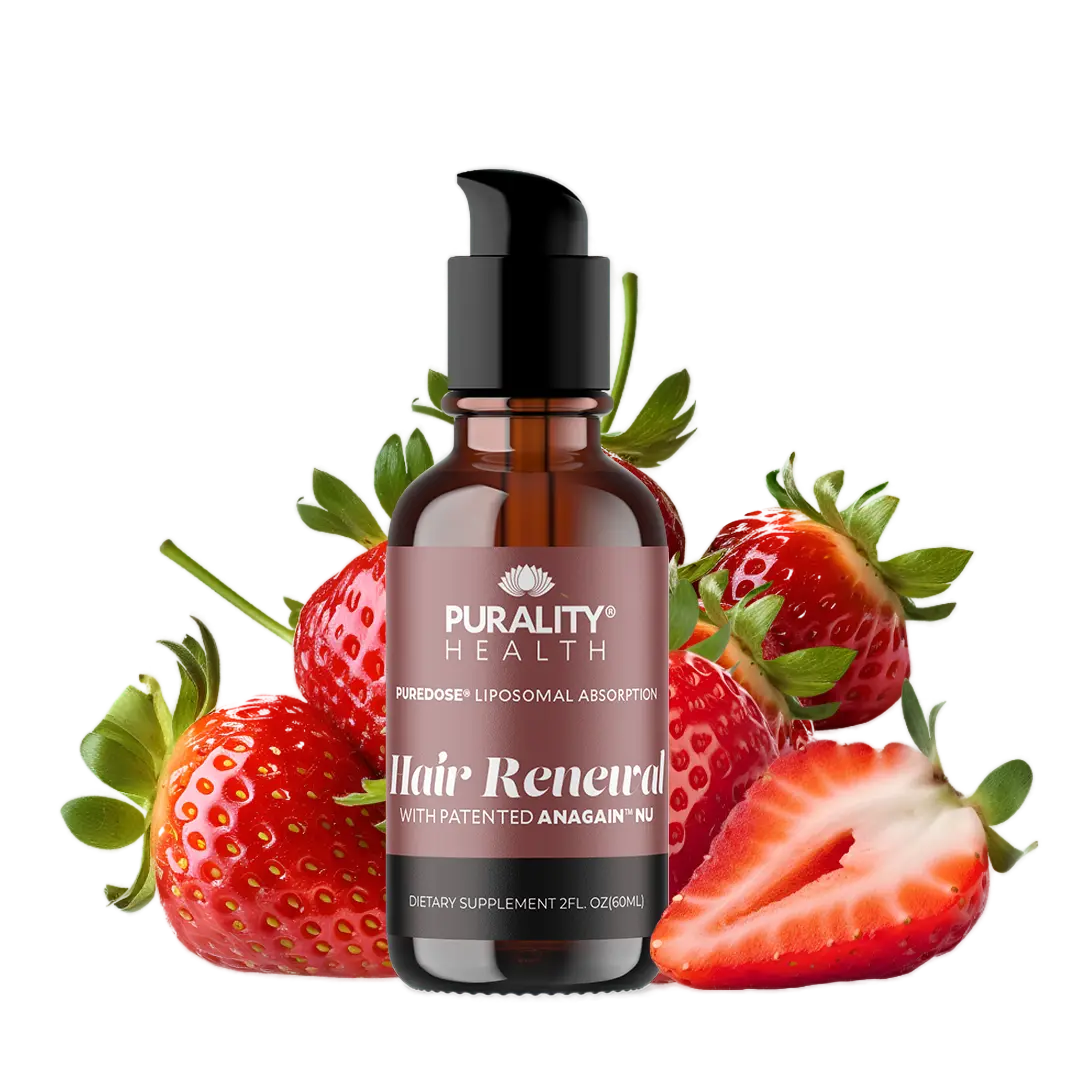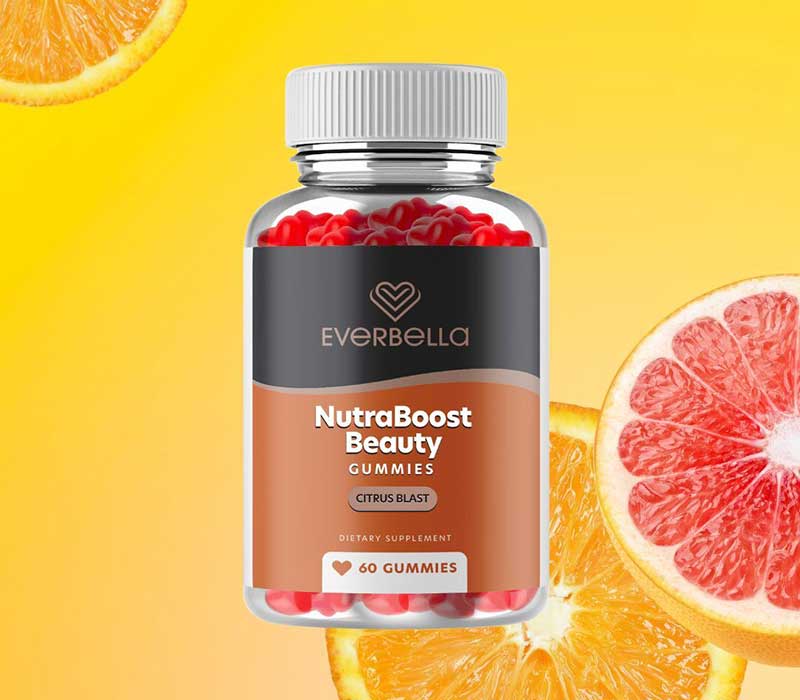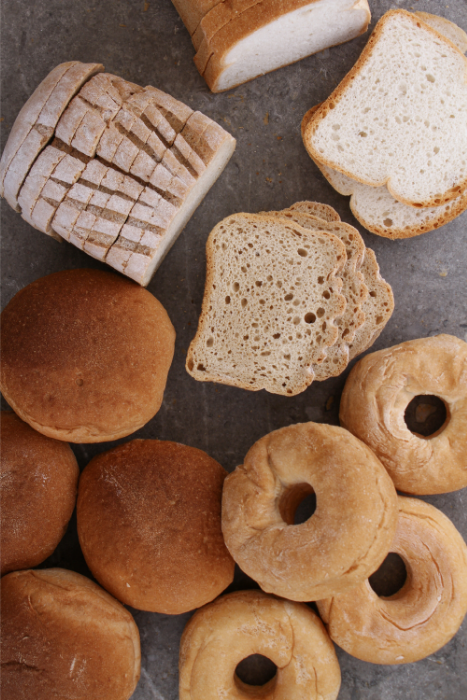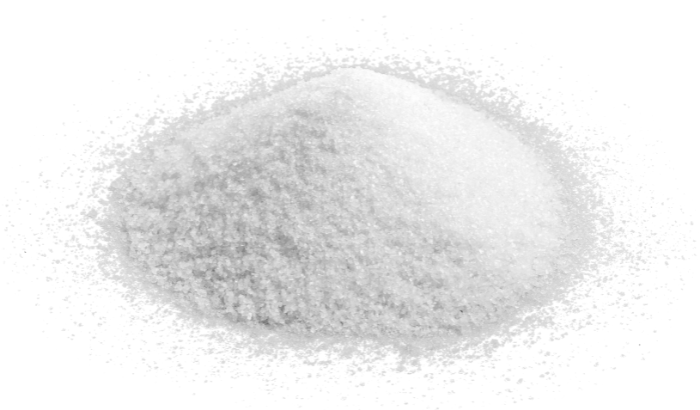8 Things To Avoid If You Have Arthritis
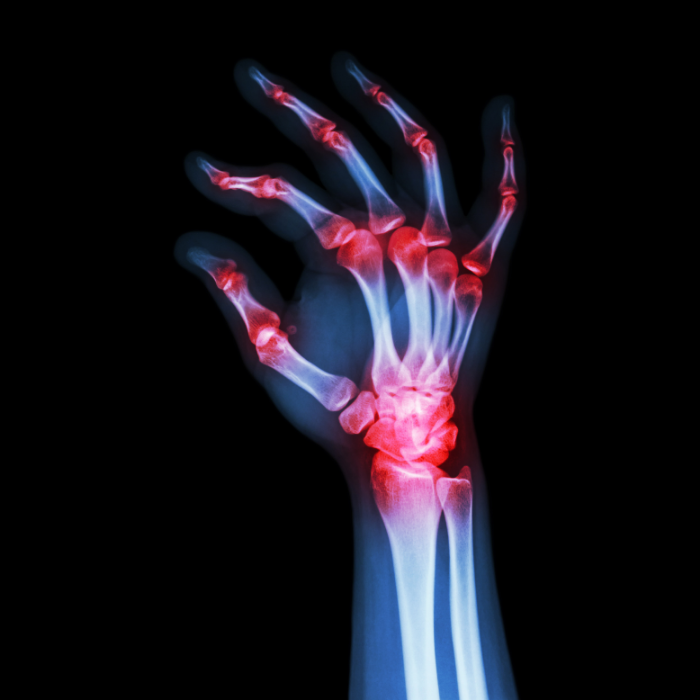 Arthritis is a common health condition that affects many people. An estimated 40% of men and 47% of women will be diagnosed with osteoarthritis – the most common form of arthritis – at some point in their life. [1]
Arthritis is a common health condition that affects many people. An estimated 40% of men and 47% of women will be diagnosed with osteoarthritis – the most common form of arthritis – at some point in their life. [1]
While osteoarthritis is the most common, over 100 different types of arthritis exist, including rheumatoid arthritis (RA), psoriatic arthritis, and gout.
Regardless of the type, they all share one thing in common – they cause pain and damage to joints, bones, and other parts of the body.
But it’s not all bad news. Research shows that avoiding certain foods and beverages can help reduce the severity of the condition, making it easier to live with.
If you have arthritis, are worried about getting it, or simply want to live a healthier lifestyle, here are eight things you should avoid.
1. Added sugars
Health condition or no health condition, you should be limiting your sugar intake. Added sugars can be found in candy, soda, ice cream, and other foods where you wouldn’t necessarily expect it such as pasta sauce or salad dressings.
If you have arthritis, cutting down on the sugar can be a great help.
One study found that – among 20 different types of foods – sugar-sweetened soda and desserts were the most likely to worsen symptoms in those with RA. [2]
But even if you don’t have arthritis, added sugars can significantly increase your risk of developing the condition.
A study which looked at over 1,200 adults aged 20-30 found that those who drank sweetened beverages 5 times per week or more were 3 times more likely to have arthritis than those who consumed very little or no sweetened drinks. [3]
And a similar study that looked at nearly 200,000 women found similar results – those who regularly consumed sweetened sodas were more likely to develop RA. [4]
2. Processed and red meats
Red and processed meats have been linked to inflammation, which can worsen arthritis symptoms.
Diets heavy in red and processed meats have been shown to increase certain inflammatory markers. [5, 6]
Research has found that the consumption of red meat tends to worsen RA symptoms. [2]
On top of that, a study involving over 25,000 people found that high red meat intake can increase the risk of certain types of arthritis. [7]
Alternatively, diets that exclude red meat – such as plant-based diets – have been shown to improve arthritis symptoms. [5]
3. Gluten
Gluten is a general name for the proteins found in wheat, rye, and barley. Researchers have found a connection between gluten and increased inflammation. This suggests that cutting back on gluten may ease symptoms of arthritis. [8, 9]
Another interesting link has to do with celiac disease, an autoimmune disorder that is largely triggered by the consumption of gluten. People with celiac disease are at a higher risk of developing RA, while those with RA have a significantly higher prevalence of celiac disease then the general population. [10, 11]
A year-long study which looked at people with RA found that a gluten-free, vegan diet significantly reduced the symptoms of RA and improved inflammation. [9, 12]
Research is still underway to determine if a gluten-free diet on its own will have the same impact on RA symptoms. But for the time being, you may find cutting back could be a great help!
4. Highly processed foods
Unfortunately, too many foods on the grocery shelves are processed, containing refined grains, added sugar, trans-fats, preservatives, and other inflammatory-causing foods. This goes for fast food which is convenient and tempting in our busy lives.
Research suggests that these heavily processed Western diets can increase the risk of developing RA because they cause inflammation. [13, 14]
On top of that, a study involving RA patients found that eating higher amounts of processed foods can increase the risk of heart complications. [15]
So, not only are your RA symptoms going to be worse with processed foods, so will your overall health.
5. Alcohol
Unsurprisingly, alcohol has been shown to worsen arthritis symptoms.
One study found a clear link between alcohol consumption and an increase in joint damage for those with arthritis. [16]
Several studies also show that alcohol can increase the severity of gout specifically. [17, 18, 19, 20]
Additionally, chronic alcohol consumption may contribute to an increased risk of developing osteoarthritis. [21, 22]
6. Vegetable oils
Certain vegetable oils may worsen symptoms of arthritis. This is because a diet filled with too much vegetable oil can lead to an imbalanced ratio of omega 6 fats and omega 3 fats. [23, 24]
While these fats are necessary for optimal health, it’s the imbalance commonly found in Western diets that may increase inflammation. [23]
If you’re struggling with arthritis or other forms of chronic inflammation, try reducing your intake of foods high in omega 6 fats, like vegetable oils, and increase your intake of omega 3-rich foods, like fish.
7. Foods high in salt
While salt is important for your health, too much can be harmful, especially if you have arthritis. Many processed foods contain added salt, so be sure to read labels and look out for products that have reduced salt.
One study done on arthritic mice found that symptoms were more severe when the mice were given higher levels of salt. [25]
A similar study involving mice found that arthritic mice consuming low salt diets had less cartilage breakdown, reduced bone destruction, and calmer inflammation than the mice on high salt diets. [26]
Research suggests that high salt diets may be a risk factor for arthritis, with one study involving 18,555 participants linking higher sodium intake to an increased risk of RA. [27]
8. Foods high in AGEs
AGEs stands for “advanced glycation end products”. These are molecules created through reactions between sugars and proteins or fats. They’re naturally present in uncooked animal foods and are also formed through certain cooking methods. [28]
The richest dietary sources of AGEs are high protein, high fat animal foods that are fried, roasted, grilled, seared, or broiled. This includes bacon, pan-fried or grilled steak, roasted or fried chicken, and broiled hot dogs. [29]
Other foods high in AGEs include french fries, cheese, margarine, and mayonnaise.
High amounts of AGEs in the body may result in oxidative stress and inflammation. As such, AGE formation has been tied to worse cases of arthritis. [29, 30]
What’s more is that those with arthritis have been shown to have higher concentrations of AGEs in their bodies than those without arthritis. Researchers believe the accumulation of AGEs within the bones and joints may contribute to the development and progression of arthritis. [31, 32]
Finding alternatives to foods high in AGEs may help reduce the amount of AGE in your body and contribute to a healthier lifestyle.
What should you indulge in?
If foods that contribute to unhealthy levels of inflammation should be avoided in order to ease symptoms of arthritis, then it makes sense which kinds of foods you should indulge in…
Foods that help fight inflammation.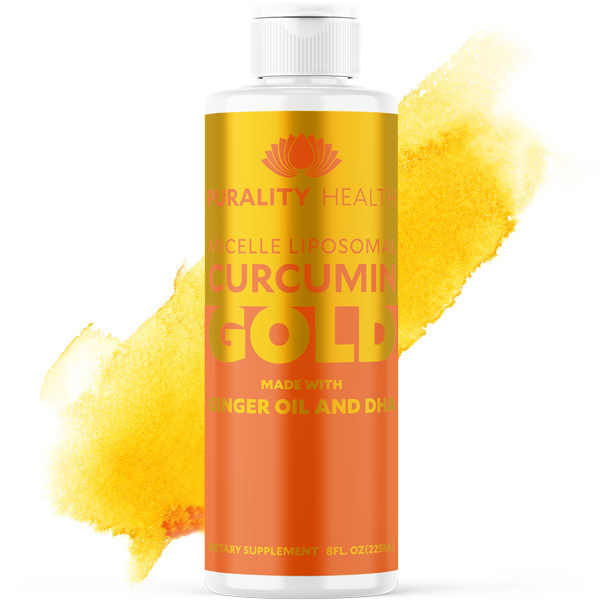
And one of the most powerful anti-inflammatories out there is curcumin. This is the active compound found in the ancient turmeric root.
Research has found it to be highly-effective in easing certain symptoms of the condition. [33, 34]
Purality Health’s Curcumin Gold contains concentrated curcumin in a highly absorbable form.
For an extra hand in the battle against chronic inflammation, our formula also includes DHA (omega-3) and ginger oil – another superb anti-inflammatory!
Get back to doing the things you love without worrying about being sore, achy, or overtired afterwards.
To learn more about how our Curcumin Gold can help YOU – along with reviews, ingredients – CLICK HERE!
References and resources
- https://www.ncbi.nlm.nih.gov/books/NBK518992/
- https://www.ncbi.nlm.nih.gov/pmc/articles/PMC5563270/
- https://www.ncbi.nlm.nih.gov/pmc/articles/PMC4817078/
- https://pubmed.ncbi.nlm.nih.gov/25030783/
- https://www.ncbi.nlm.nih.gov/pmc/articles/PMC6746966/
- https://www.ncbi.nlm.nih.gov/pmc/articles/PMC3893727/
- https://pubmed.ncbi.nlm.nih.gov/15593211/
- https://www.ncbi.nlm.nih.gov/pmc/articles/PMC3705319/
- https://www.ncbi.nlm.nih.gov/pmc/articles/PMC5827298/
- https://www.ncbi.nlm.nih.gov/pmc/articles/PMC6484500/
- https://www.ncbi.nlm.nih.gov/pmc/articles/PMC6267495/
- https://pubmed.ncbi.nlm.nih.gov/11600749/
- https://pubmed.ncbi.nlm.nih.gov/30213695/
- https://www.ncbi.nlm.nih.gov/pmc/articles/PMC5845405/
- https://pubmed.ncbi.nlm.nih.gov/31902026/
- https://www.ncbi.nlm.nih.gov/pmc/articles/PMC6692958/
- https://www.ncbi.nlm.nih.gov/books/NBK546606/
- https://www.ncbi.nlm.nih.gov/pmc/articles/PMC3991555/
- https://www.ncbi.nlm.nih.gov/pmc/articles/PMC6125106/
- https://www.ncbi.nlm.nih.gov/pmc/articles/PMC5134876/
- https://www.ncbi.nlm.nih.gov/pmc/articles/PMC5878837/
- https://www.ncbi.nlm.nih.gov/pmc/articles/PMC7020542/
- https://www.ncbi.nlm.nih.gov/pmc/articles/PMC5701880/
- https://www.ncbi.nlm.nih.gov/pmc/articles/PMC5817233/
- https://pubmed.ncbi.nlm.nih.gov/30554495/
- https://ard.bmj.com/content/74/Suppl_2/73.1
- https://www.ncbi.nlm.nih.gov/pmc/articles/PMC4635786/
- https://www.ncbi.nlm.nih.gov/pmc/articles/PMC6147582/
- https://www.ncbi.nlm.nih.gov/pmc/articles/PMC4496742/
- https://www.ncbi.nlm.nih.gov/pmc/articles/PMC5302422/
- https://pubmed.ncbi.nlm.nih.gov/22168993/
- https://www.ncbi.nlm.nih.gov/pmc/articles/PMC6180645/



